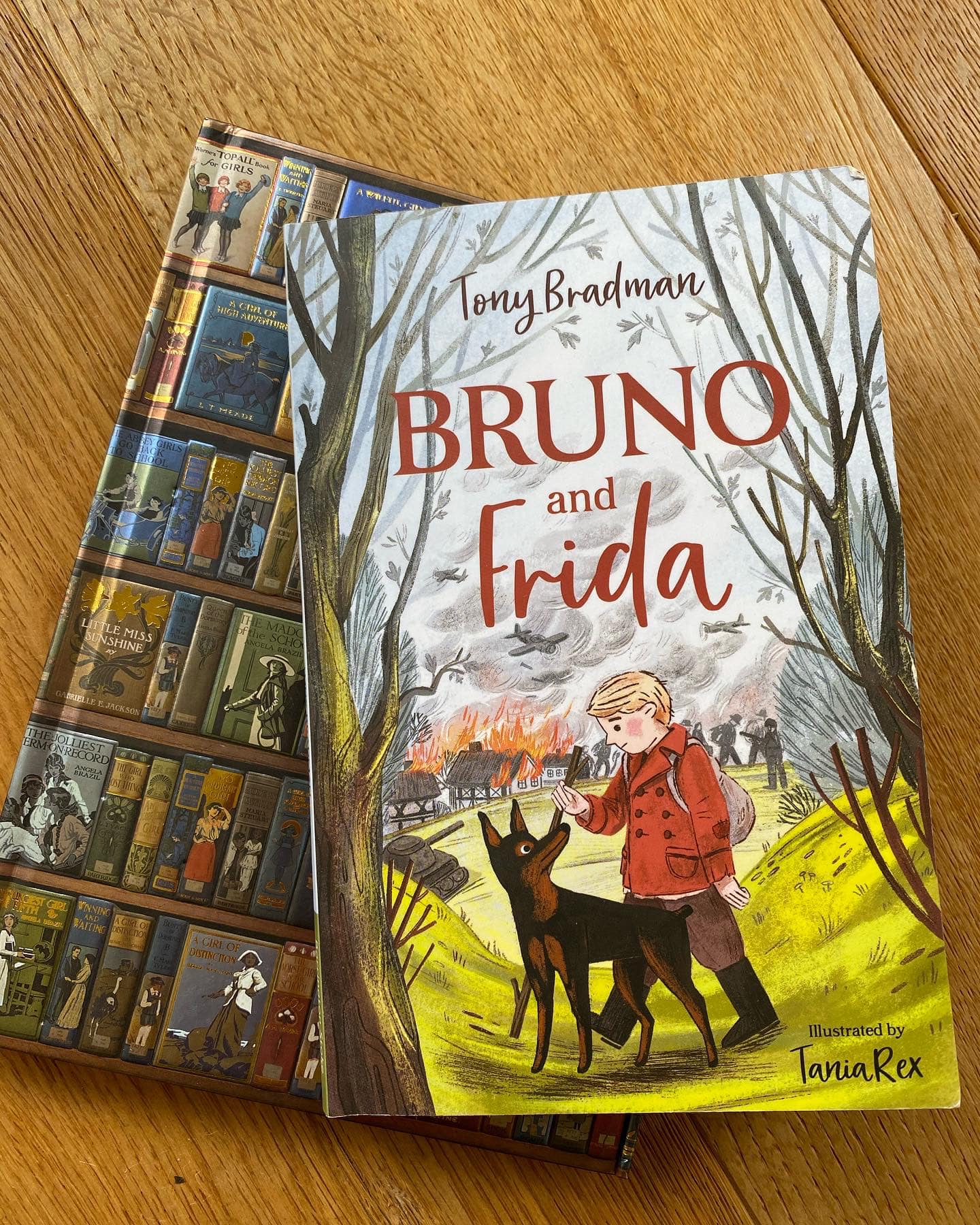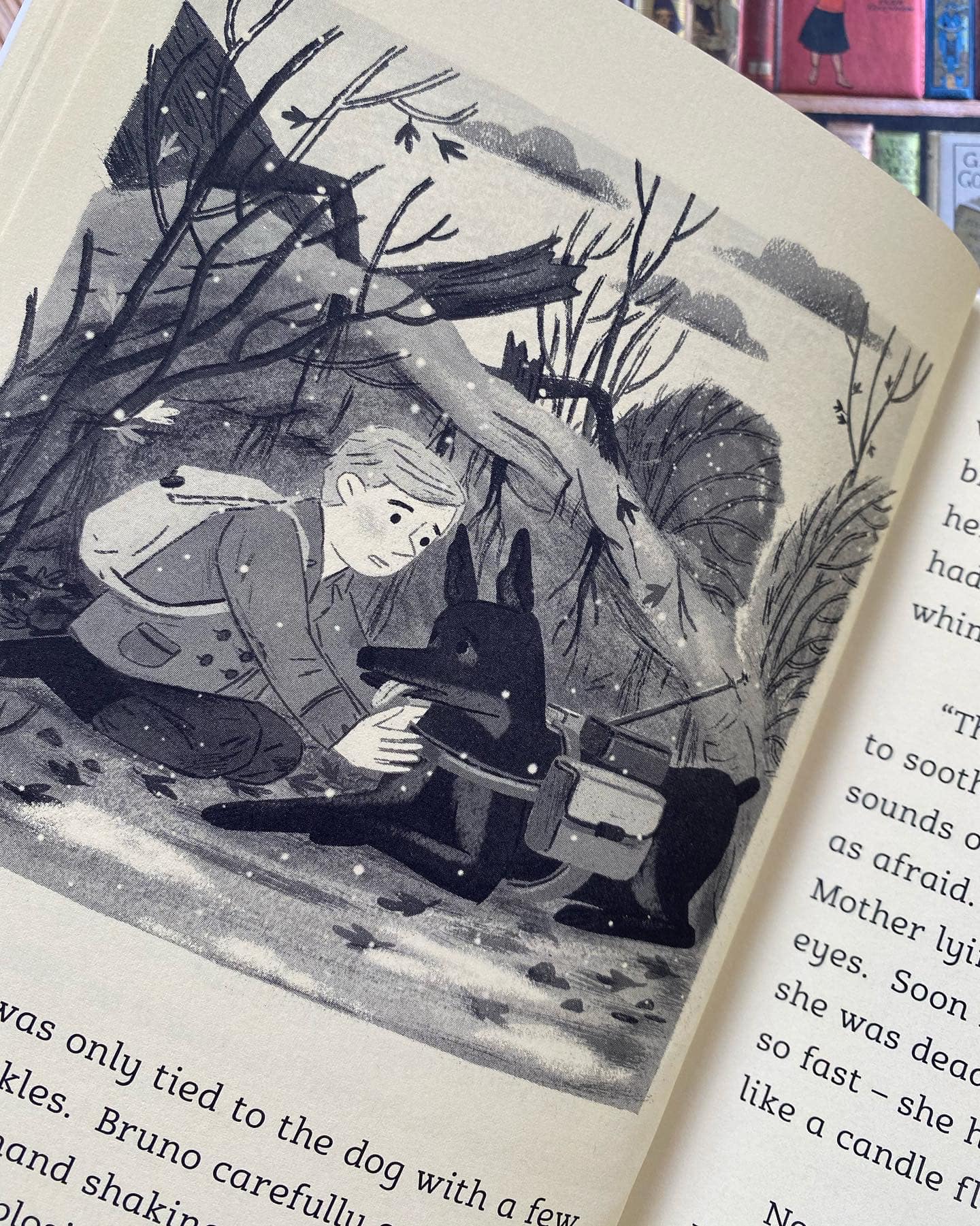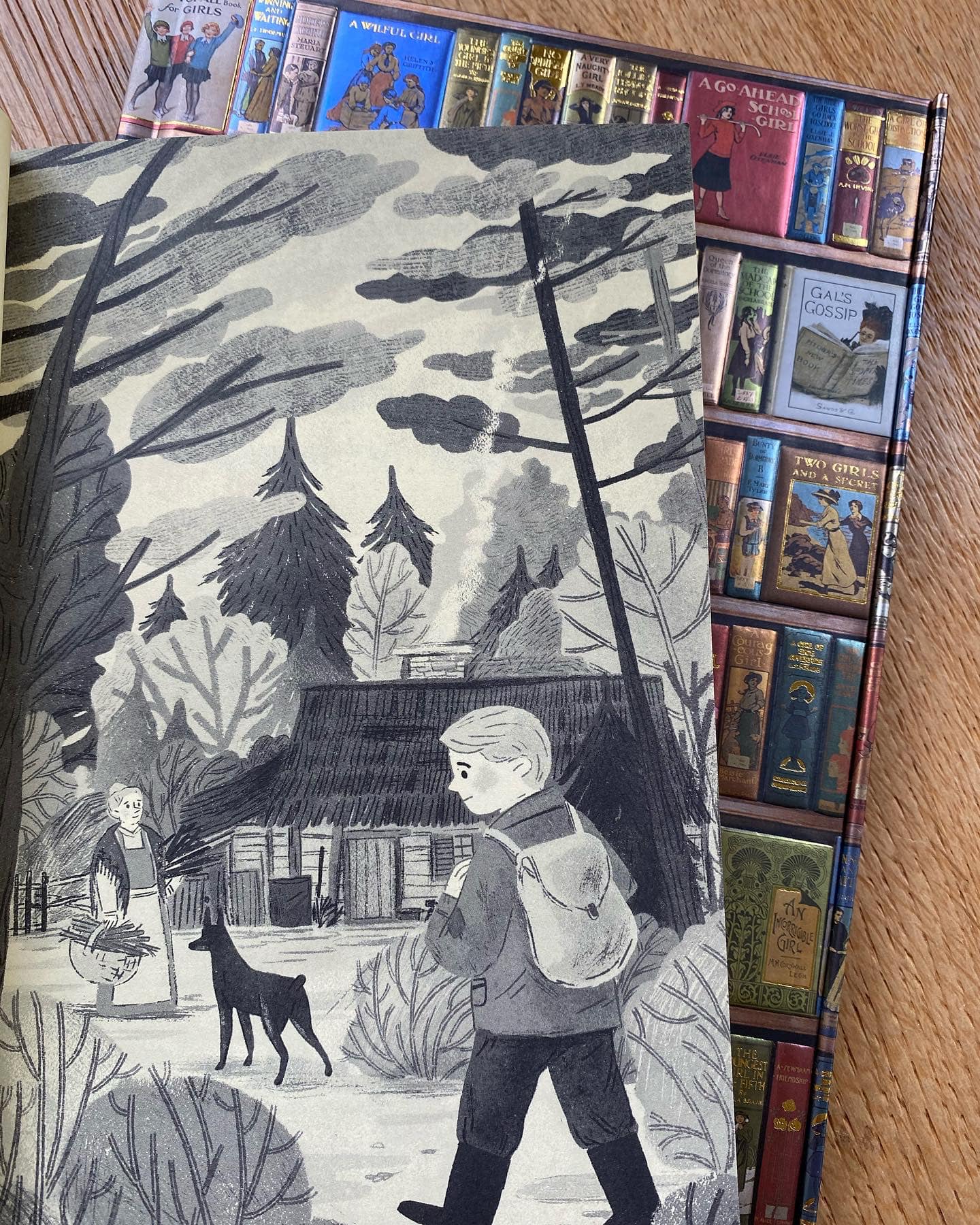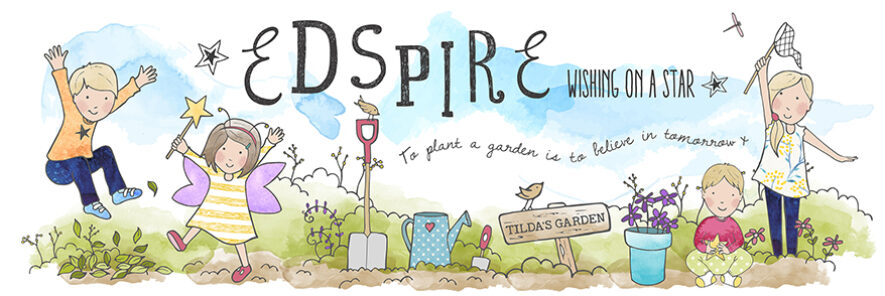As a child I lived in Germany
1987 – 2000
I was there when the wall came down in Berlin
Though I was a British military child
I had lots of German friends
Of all ages
They were good people with kind hearts
And some, lived with guilt of their own
Or handed down to them from family members
Grief and guilt and shame
For what Hitler had done
Disbelief what he and his followers had done
Many decades before
I loved living in Germany
It was my childhood home
It was where I became a teenager
And an adult
It is somewhere that for me will always feel like home
Living in Germany and being a military child
Led me to reading a lot of war stories and historical fiction
Something that now well on my way to 50
I still do because books and stories matter
They help us to learn and understand
War does not affect only those who fight
It affects everyone who lives through it
And those who come after
For generations to come
It affects those who witness it
Hear stories of it
Deal with the repercussions of it
Not only the adults
But the children too
And it affects people from all sides
We are often too quick to forget that
Or perhaps sometimes it is willingly omitted from history
There are victims on all sides
Casualties on all sides
Fatalities on all sides
Displacement on all sides
Bruno and Frida is an incredibly moving book that tells a story
Of innocence lost in war

“East Prussia, 1945
As the Russian army advances further into Germany at the end of the Second World War, Bruno must flee his home to survive.
In the chaos, he finds himself face to face with a huge black dog strapped with explosives. The dog has been sent into battle by the Russian army and Bruno realises that she is just as scared and alone as he is.
Faced with a perilous journey across war-torn Germany, will the bond formed between them be enough to keep Bruno and Frida alive?”
I absolutely loved this book. Tony Bradman has a wonderful storytelling voice and I could not put this short novel from Barrington Stoke down.
I immediately fell in love with Bruno. He is a courageous, determined soul and my heart hurt for him throughout his story.
Bruno is 11 as the second world war nears its end. He lives with his mother in East Germany and they need to flee the Russian tanks. His father is away fighting for Germany and Bruno and his mother must leave with the rest of their village. As the Russian troops move into the country they are forcing German people to leave their homes. This happened to millions of German people living in Eastern areas at the end of the war.
Many refugees died as they fled, many killed by the Russian military including Bruno’s mother. He has no choice but to leave her body by the side of the road and run and hide. He knows that he will be killed himself otherwise.
Bruno hides in the woods. It is there that he meets Frida. A dog wrapped in explosives, chosen by the Russian army to be a suicide dog. (I had no idea that they did this!)

Brave Bruno removes the explosives and makes friends with the dog. Together they are able to keep warm, together they are able to live a little longer and try to make their escape from the war. Bruno is trying to reach his grandparents in Denmark. It is a long and perilous journey and he learns much along the way. About himself, about his family, about his country and about the war that he is living through. The war that he is running from.
As Bruno and Friday travel through the forest they meet a kindly old lady, Oma, who takes them in. Bruno is able to rest. He is able to grieve for his mother. He becomes close to the old lady and she teaches him much. With Oma and Bruno we see two representatives of the millions of Germans who had no part in Hitler’s war, they were just ordinary people caught in the crossfire, often with no clue of the horrors being carried out in their name. As Oma talks to Bruno about Hitler and the people who vited him in to power, as they talk about Jewsih people and concentration camps, persecution and murder it is incredibly emotove as the realsiation hits this yong boy of what his father may have been involved with, of what other Germans have been doing to innocent human beings across Europe. It is an incredibly well written exchange and the weight of guilt that both Oma and Bruno feel for things they had no part in is huge.

This is an incredibly moving story of what life was like for millions of old people, mothers and children in Germany at the end of the second world war. It is a story of kindness and compassion.
War does not affect only those who fight
It affects everyone who lives through it
And those who come after
For generations to come
It affects those who witness it
Hear stories of it
Deal with the repercussions of it
Not only the adults
But the children too
And it affects people from all sides
We are often too quick to forget that
Or perhaps sometimes it is willingly omitted from history
There are victims on all sides
Casualties on all sides
Fatalities on all sides
Displacement on all sides
